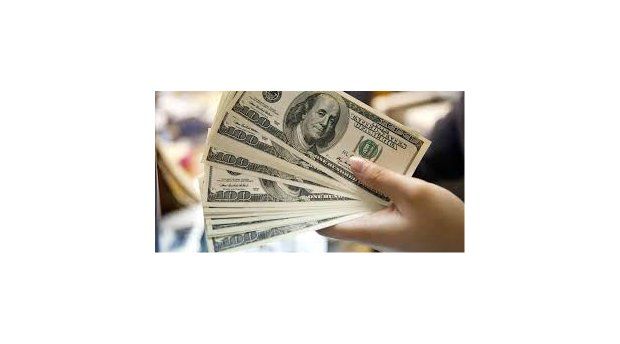The Enron Bankruptcy
Post Views 0On December 2, 2001, exactly one year and eighteen days from now, the Enron Corporation had to file for Chapter 11 bankruptcy. The fact of the matter is, this company was faced with bankruptcy and had to file because they were simply in over their heads. This is something that used to take place, failing companies would have to file for bankruptcy instead of receiving bailouts, according to Advisor One.
The whole bailout thing changed in 2008 with the Bear Stearns bailout. It is believed that they are the reason for the change. However, the Enron failure took place seven years prior to the point in which bailouts become so increasingly common. The fact that Enron had to file for bankruptcy was surely devastating for the employees who worked there and were then out of job but it did not effect the economy as a whole.
However, if Enron were to fail in 2011, they probably would have been considered too big to actually fail. In an era where bailouts take place, if the failure of Enron were to take place now, they most likely would have been bailed out especially since they had more than $60 billion worth of assets when they filed for bankruptcy in 2001.
While the impact of Enron was only limited, something that did cause more of a dent to the economy was the Sarbanes-Oxley regulatory regime which actually occurred shortly after the demise of Enon. The public company was forced to pay more than $2 million each year which resulted in quite a loss.
The money that was lost was money that could no longer be used to help the economy grow and expand while producing more jobs which would help decrease the unemployment rate. This was a major disappointment as the economy needs to grow and expand in order for people to find employment and make a living.
The chief effects for Sarbanes-Oxley has said, “There is an equity shortage in small- and mid-cap [stocks],” He also added, “ordinary investors from the benefits of emerging growth companies. Only the hedge funds and private equity funds get access to these strong growth companies.”
Berlau even believes that the person who is responsible for founding Home Depot, by creating four separate stores which eventually turned the store in a chain store, would have never been able to do such a thing while under Sarbox.
While the failure of Enron took place a decade ago, the legacy of the entire situation still continues to live on today. Berlau has said, “We unfortunately learned many of the wrong lessons. The good legacy is, it wasn’t bailed out. The bad legacy is, we overreacted. In haste we rushed through a law that didn’t notably improve corporate governnance; but hurt honest entrepeneurs and ordinary investors.”
The Enron Bankruptcy by Harrison Barnes



 Amazon May Have a Better Grasp on Workplace Culture
Amazon May Have a Better Grasp on Workplace Culture  Atlanta’s Top Telecom, Cell Phone, and Electronics Manufacturers
Atlanta’s Top Telecom, Cell Phone, and Electronics Manufacturers  The Economy Under a Trump Presidency
The Economy Under a Trump Presidency  US Dollar Gaining Momentum
US Dollar Gaining Momentum  Top Canadian Companies You Want to Work For
Top Canadian Companies You Want to Work For  2006-2015 Median Weekly Earnings of Full-Time Workers in the United States
2006-2015 Median Weekly Earnings of Full-Time Workers in the United States